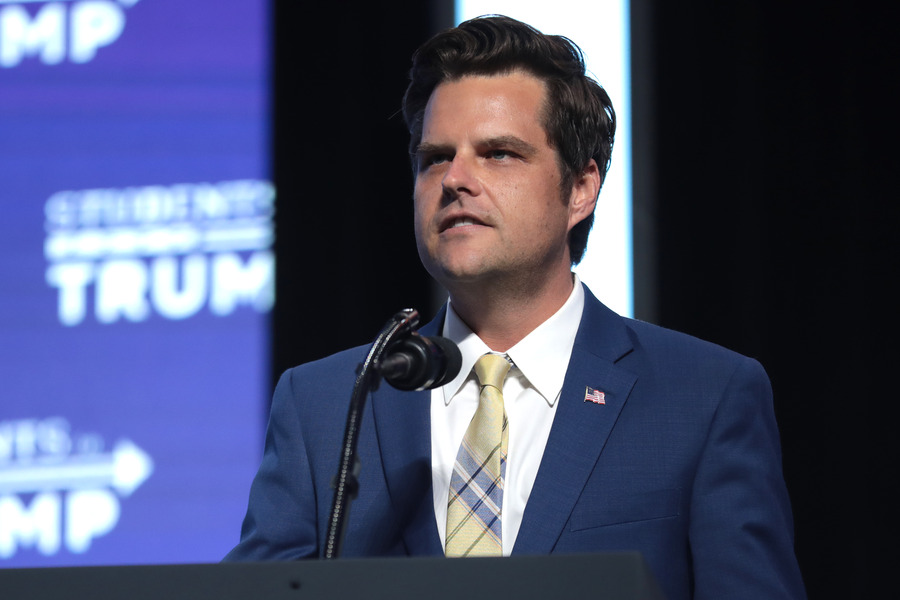Susan Landau on USG Surevillance Via New Technologies
Susan Landau, author of Surveillance or Security?
Published by The Lawfare Institute
in Cooperation With

Susan Landau, author of Surveillance or Security? The Risks Posed by New Wiretapping Technologies (which I highly recommend), writes in with a different take than Paul's on the WP CALEA story:
The Washington Post reported yesterday on the FBI's newest plan for wiretaps in the Internet age: "a series of escalating fines, starting at tens of thousands of dollars, on firms that fail to comply with wiretap orders." This is yet another effort by the FBI to wiretap by making modern technology behave like old-fashioned telephones. And like the other proposals, it doesn't make sense. When telephones were fixed wired devices connected to a phone central office, wiretapping consisted of a pair of alligator clips and a headset. Twenty years ago new switching technology allowed such services as call forwarding, and that broke the old model of wiretaps. So Congress passed the Communications Assistance for Law Enforcement Act (CALEA), which requires that phone switches be built "wiretap accessible." That was at a time when the telecommunications world was a small group of providers offering phone calls. Now telecommunications involves an ever increasing range of communications services: IM, Facebook, gmail, Skype, etc. And most of these "services" have nothing to do with the provider of the actual wire --- or wireless signal --- that connects you to the rest of the world. That is, the company that provides your connection is not the same as the company that enables your communication. And that makes law-enforcement's job complicated. So when the FBI talks about starting a series of escalating fines on firms that fail to comply with wiretap orders, it's not clear who they're talking about. Who's the provider in a peer-to-peer communication? And if the users encrypt end to end --- surely a good thing for security --- then even if communication does go through a central provider, the provider can't see what they're saying. Here's the real point: we've moved to a world in which communications technology has vastly simplified many investigations---the Tsarenev brothers were tracked by police through the cellphone left in the Mercedes they carjacked. Some communications will be harder to wiretap because of the new technology being used. But the answer should be that law enforcement works smarter, and uses tricks that other investigators --- NSA anyone? --- employ when easy methods fail (one suggestion is here). Just as with CALEA, FBI proposal is really about cost shifting, moving the charges for wiretapping from law enforcement, who should be paying for the investigations, to the developers of technology, who should not. The FBI should not be pushing Silicon Valley to dumb down technology to make it easy to wiretap. Because if the FBI succeeds, two things will happen. Innovation will go elsewhere. And lots of people other than the FBI will be listening in on the communications of Americans.
Jack Goldsmith is the Learned Hand Professor at Harvard Law School, co-founder of Lawfare, and a Non-Resident Senior Fellow at the American Enterprise Institute. Before coming to Harvard, Professor Goldsmith served as Assistant Attorney General, Office of Legal Counsel from 2003-2004, and Special Counsel to the Department of Defense from 2002-2003.


-(1).jpeg?sfvrsn=143eb65_5)
.jpg?sfvrsn=d5e57b75_5)

